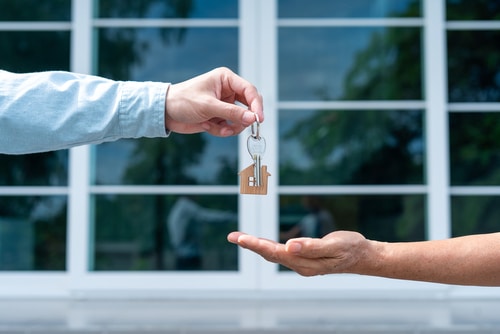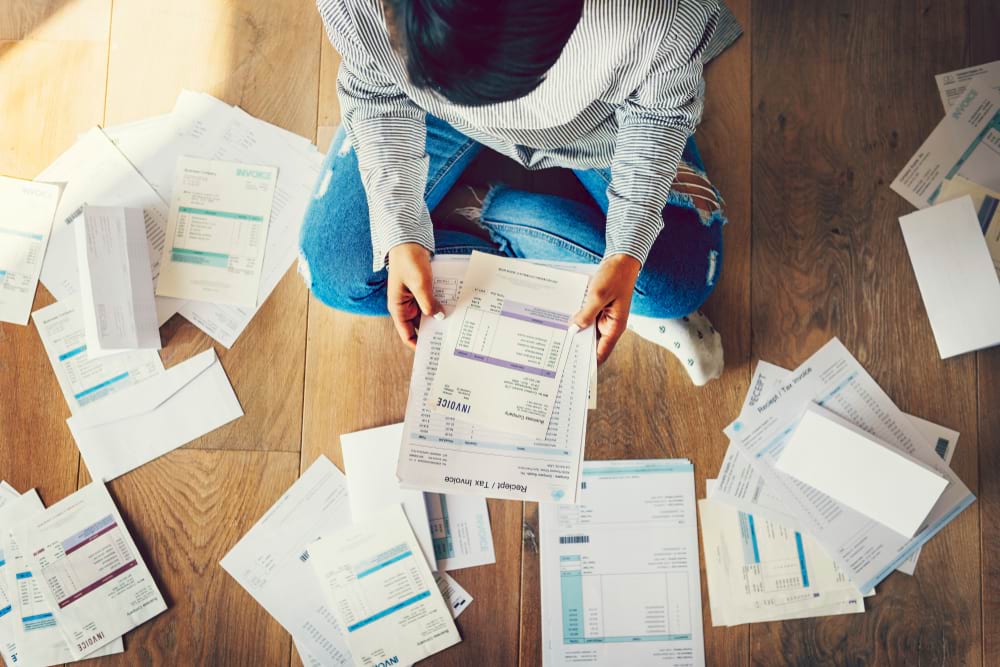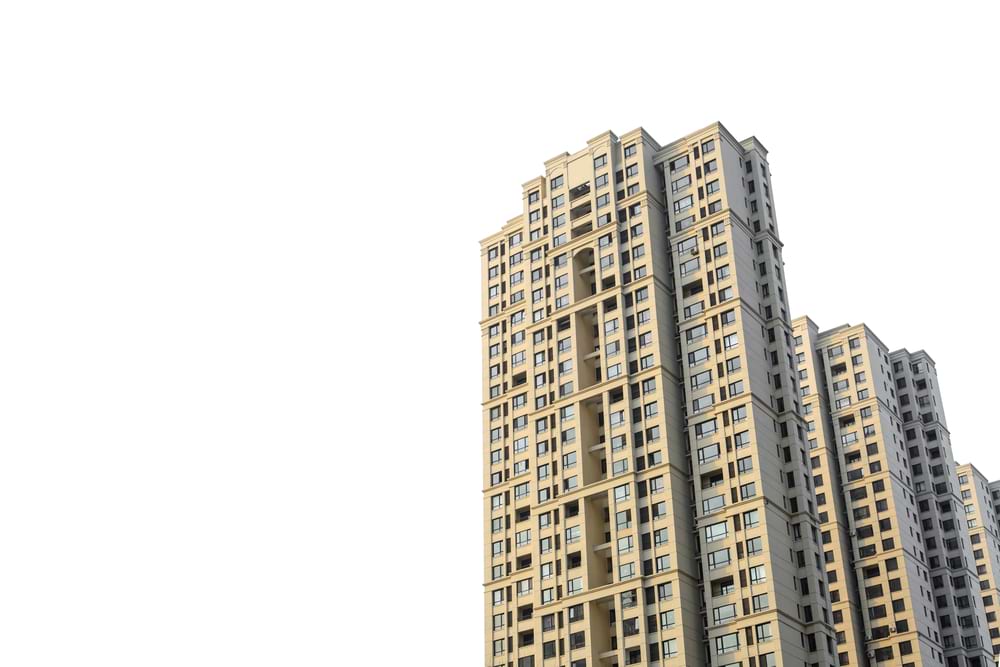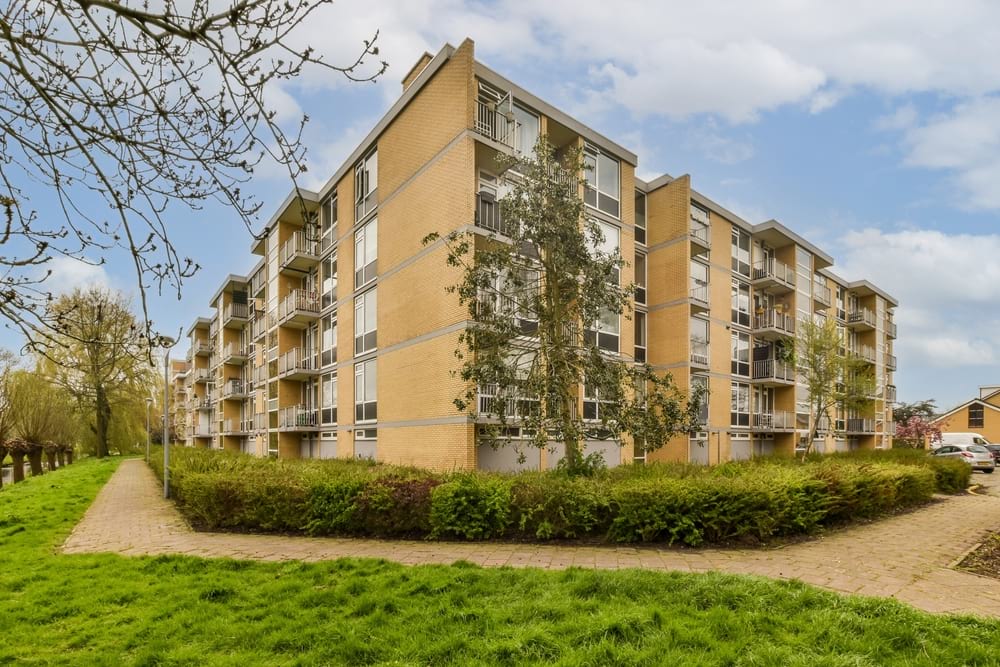Selling a property is rarely straightforward.
And each type of property has its own selling challenges.
As the most common type of property sold in the UK, flats are no different.
Read our blog below to understand the difficulties of selling a flat.
Is it difficult to sell a flat?
It is generally accepted that in the UK, flats don’t sell as quickly as houses.
However, there are also external circumstances to consider. At different times, there are different advantages and disadvantages to buyers of flats.
For example, in times of economic uncertainty, such as during a recession, lots of people ‘downsize’ to a flat (if they owned a house previously) to save money.
In this instance, there may still be many people looking to buy your property.
And when the economy is in a strong position, first time buyers often first enter the market by buying a flat. This is because semi-detached or detached houses are out of their budget.
How popular are flats in the UK?
Figures from Unlatch found that flats accounted for 34% of recent sales, followed by detached homes on 28%, and semi-detached homes at 17%.
12% of recent sales have been terraced homes, while just 9% were bungalows. Flats likely remain a popular property type in the UK because of their affordability.
Three common challenges of selling a flat
1. Leasehold issues
Many flats are under leasehold agreements. This means that you own the flat, but not the land it is on.
Leasehold flats can increase in value just like other properties. However, they do present some unique selling challenges, too.
For example, you will need to keep an eye on the lease and make sure it does not drop below 90 years. Otherwise, it can make it difficult for potential buyers to secure a mortgage on your property.
Service charge for maintenance of communal areas in the grounds and building will be another factor for potential buyers to consider.
While a low service charge may be attractive to some, others might fear that this translates into minimal maintenance of the building.
If you need more tips for selling your property smoothly, then We Buy Any Home’s collection of blogs on our website may be able to help.
2. Cladding issues
If your flat has cladding, there are regulatory requirements that need to be met before its sold. Having an ESW1 form makes selling a flat with cladding much easier.
3. Type of flat
There are many different types of flat. For example:
- Converted flats
- Marionettes
- Studio flats
- Penthouses
Each type of flat has unique features and – sometimes – challenges. For example, a relatively low volume of retirement flats is sold each year in the UK. This can make it a buyer’s market.
What can I do to make my flat easier to sell?
No matter the year or external circumstances, there are always steps you can take to make your flat easier to sell.
1. Reducing your asking price
Firstly, reducing your asking price slightly will make your flat more attractive to a greater number of buyers, as it will fall within their price range.
With UK interest rates being so high at the moment, this is a crucial detail.
2. Find a cash buyer
If you want to sell your flat immediately, finding a cash house buyer is likely your best bet.
While this might reduce the amount you receive for the flat, you are unlikely to receive full price for the property in current market conditions anyway.
And meanwhile, some cash buyers like us here at We Buy Any Home can complete within 7 days.
3. Home improvements
Even in difficult market conditions, there are some alterations to your flat which you should not make when trying to sell it. Examples of these include:
- Decoration (this is essential, even for small flats)
- Minor HVAC, electrical, or plumbing issues
- Cracks on the driveway or pavement
- Removable items
- Blinds.
You may be struggling to sell your flat, but that doesn’t mean you should make unnecessary changes. Alterations like the ones listed above are unlikely to make a big difference to your ability to sell the flat.
You should also consider taking steps to make your flat more attractive. Taking care of any water damage, pest problems or bad odours are important steps to take before opening your flat up for viewings.
4. Selling to the council
Selling your flat to the council can sometimes be a useful alternative to the open market. Councils will be able to purchase your property privately, so they can then make it available as a council property in the future.
Since funding and spending can vary between local authorities and policies can differ between different councils, it’s best to get in touch with the relevant department of your local council to get a more accurate answer to this question.
Should I invest in buying a flat?
There are many factors which you should consider before making the decision to purchase a property.
However, keep in mind that even though the property market is in a difficult period right now, it does not mean that it will always be that way.
You should also weigh up your buying power and speak to estate agents about the market conditions, both now and in the future, and how likely you are to get a good deal for a flat.
For example, even if certain flat types (such as retirement flats) are not performing well on the market, this may not apply to all flat types.
Furthermore, whether or not to invest in buying a property depends on your circumstances, financial goals, and risk tolerance.
You should consider all of these and get independent advice from experts (as well as the opinions of your loved ones who will be affected by the move) before making your decision.



















